Space Technology: Tech Sector Speaker Series
Arizona is bustling with companies that design and build everything from large satellites, small satellites, the antennas that go on them, and the spaceports that launch them. The state’s ever-growing innovation continues to play an enormous role in improving the state of the world and providing radical new space technology.
This virtual event featured a distinguished panel of experts from leading space technology companies, including Freefall Aerospace, Arizona Spaceport Alliance, University of Advancing Technology and Viasat, Inc. as they discussed how space technology is exponentially changing the world we live in.
What was once science fiction, is now the present and the near future. Without a doubt, the acceleration of space technology and exploration is happening at a breakneck pace.
PANELISTS
Now the fastest home satellite internet in the United States, Tempe-based Viasat Inc. has a track record of creating game-changers. The innovative company transforms missions and make new kinds of operations possible. With satellite communications services, space technologies, cybersecurity capabilities and aviation services, it delivers much faster innovation, development and speed to deployment.
“Viasat’s mission is connecting the world with high-speed internet,” said Viasat, Inc. Space Systems Engineer Omar Alam. “And although we still focus on connectivity, Viasat entered the space technology sector a few years ago. The business has grown extensively and expanded to satellites and government defense to produce novel space technology.”
So what can we expect to see in the 25 years as far as innovative space technology?
“Aside from big satellites and big launches, we can expect to see more and more airports becoming spaceports,” said Benjamin Hernandez, co-founder of the Arizona Spaceport Alliance. “That is the next game-changing technology innovation that citizens will see take place.”
Arizona Spaceport Alliance’s vision is to transform airports into spaceports to serve as premier gateways for global space commerce, enabling Arizona to become an international axis for the thriving commercial space research and development market, innovative STEM education, and cutting-edge space exploration. Championing this impressive state economic development initiative is designed to increase the value and revenue-generating potential of Arizona’s existing commercial or general aviation airport facilities.
“The SpaceX launch was the most profoundly impressive news we’ve all seen in a long time,” said Dr. David Bolman, provost of the University of Advancing Technology. It was very aspirational…we could tangibly see it and that gets people excited about the future of space technology and humankind.”
Founded in 1983, Tempe-based University of Advancing Technology merges the values of the traditional academy with the modern technology campus, a fusion that enhances its ability to fulfill the mission of educating students in the fields of advancing technology who innovate for the future.
“Space technology is no longer the province of government…It’s moved into the private sector,” said Freefall Aerospace President Doug Stetson. It’s revolutionary that it’s now privately-owned companies making a difference in the foreseeable future of space technology, as opposed to governments.”
Tucson-based FreeFall Aerospace, a University of Arizona spin-out, develops revolutionary new antenna technology for ground, air, and space. The company’s innovative spherical antennas are drawing interest from a wide variety of commercial and government organizations, offering a wide field of view, electronic steering, and low mass to dramatically simplify and improve satellite communications.
Hernandez added, “The ability of private industry is the real game-changer for space technology.”
It’s a confluence of things…it’s a new space race,” Stetson added. “Private citizens who are compelled and see the value of space exploration are leading the charge.”
This distinguished panel also discussed what makes the state of Arizona the hot new place for space technology innovation and whether the lack of coastline could inhibit further advancement in the space technology sector.
“We have the political will, the existing infrastructure, and the pleasant skies,” Hernandez explained. “The favorable weather of Arizona is certainly a huge factor and works in our favor.”
Bolman added, “Arizona is a great place for space technology startups. We’re fortunate to have an ecosystem that is very friendly where startups can grow and thrive.”
“Building a space economy in Arizona is possible…orbital launches without having the benefit of a coastline in Arizona will eventually happen,” said Stephen Fleming, vice president of Strategic Business Initiatives at the University of Arizona.
“It is inevitable that eventually, human space exploration will advance to Mars,” Fleming said. “Astronauts will eventually go to Mars.”
Hernandez added, “By 2045, we should see citizens visiting space more. The sky’s the limit.”
“Space tourism will eventually be very real,” Bolman said. “We will begin to see a higher percentage of space travel that will be more commercial, as opposed to just government entities.”
Moderated by Stephen Fleming, VP of Strategic Business Initiatives at The University of Arizona, it was a fascinating discussion and well worth a listen.
About the Tech Sector Speaker Series
Join the Arizona Technology Council for its new 2020 AZ Tech Sector Speaker Series that brings together tech titans, outstanding CTOs, advocates, innovators and industry champions of existing and emerging sectors who are reshaping Arizona’s tech ecosystem. This expert panel forum advances Arizona’s tech evolution and growing designation as a tech hub. With a diverse range of experience and technology backgrounds, these tech titans are leading the way and making a positive and lasting impact on the local technology industry.
SPONSORS



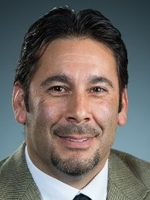
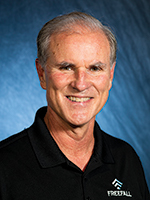

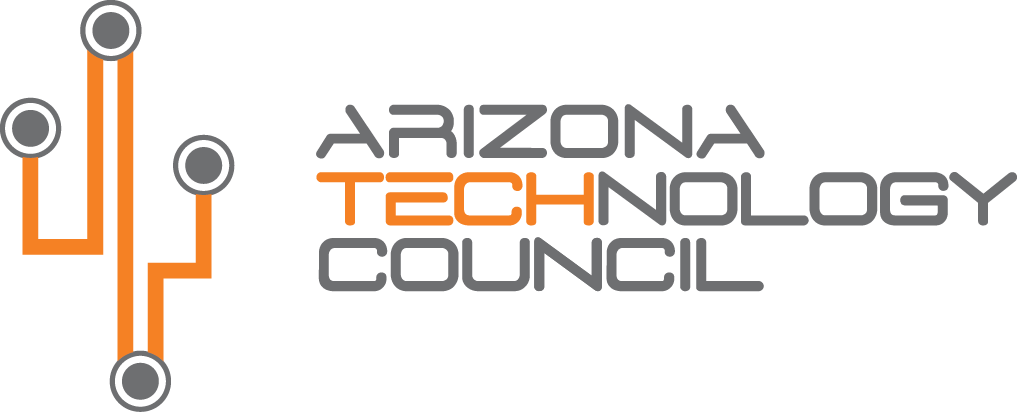

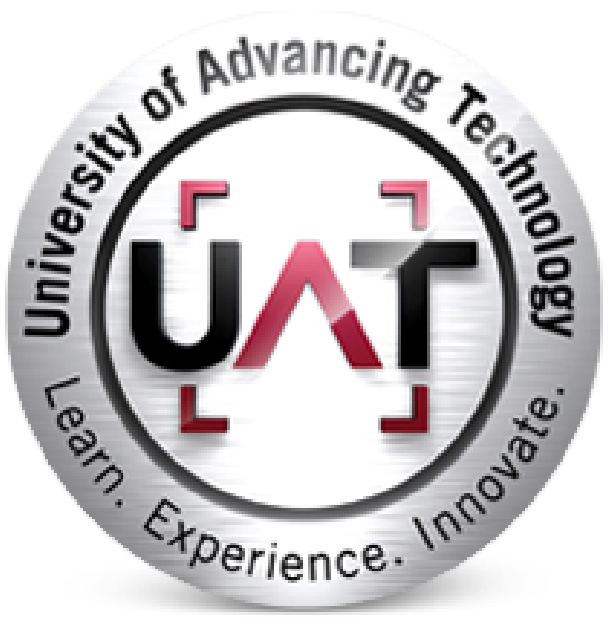

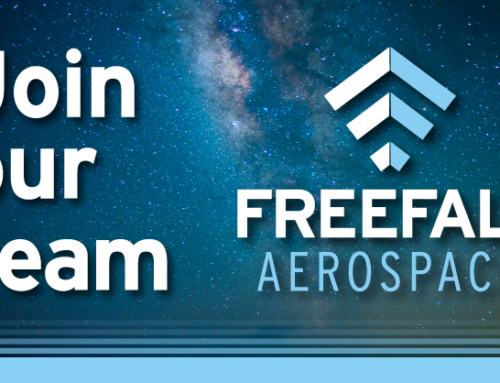
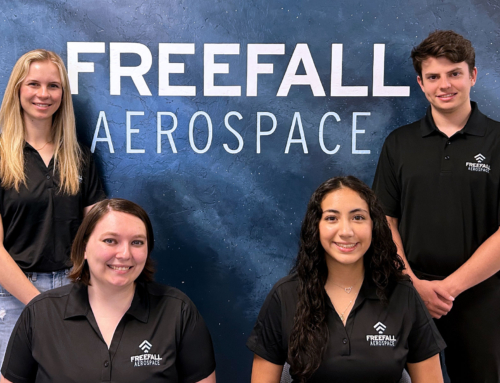
Leave A Comment